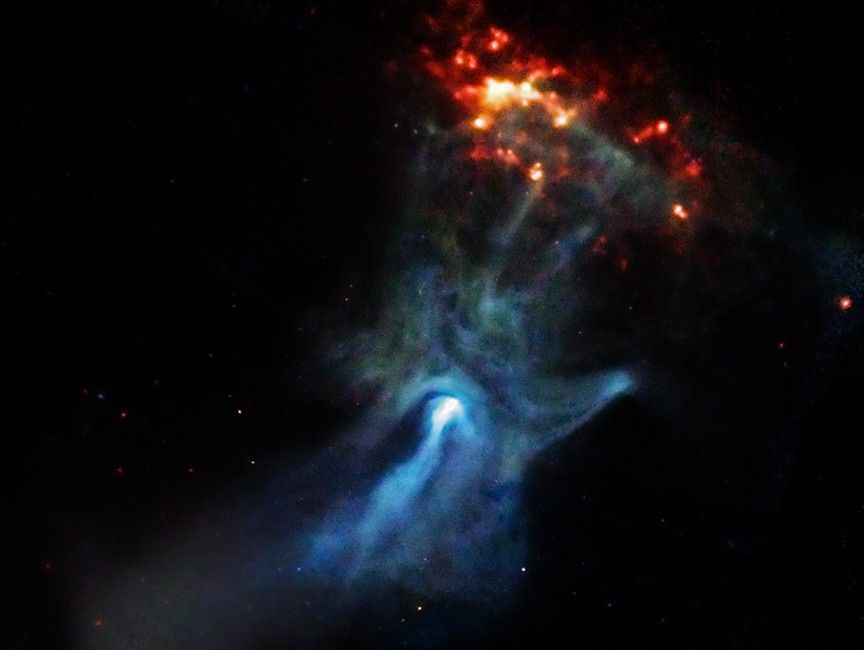Most Americans still drive gas-powered cars, even though electric vehicles are becoming more popular. Electric cars are expensive, and many people simply don't want to give up their regular cars. But what if you could keep driving your gas car while still helping the environment? A New York company called Aircela thinks they have the answer. They've built a machine that can make real gasoline using nothing but air, water, and electricity. No oil drilling required.
How Does It Work?
The machine is about the size of a large refrigerator and has three blue sections. It works by sucking carbon dioxide out of the air around it, then turning that CO2 into gasoline through a special process. The company says the fuel that comes out is clean - no sulfur or other harmful chemicals that regular gas contains.
Eric Dahlgren, the company's CEO, demonstrated the machine in front of a live audience in New York. He poured the homemade gasoline directly into a car's tank to prove it really works.
"We didn't build a prototype. We built a working machine," Dahlgren said. "We want people to know this isn't too good to be true - it actually works."
The Numbers
Right now, the machine can capture about 10 gallons worth of CO2 from the air each day. From that, it makes 1 gallon of gasoline. The device can store up to 17 gallons of fuel at a time.
To put that in perspective, a Toyota Tacoma truck has a 21-gallon gas tank. So the machine couldn't fill up your entire tank overnight, but it could help reduce how often you need to visit gas stations.
Could You Have One at Home?
Aircela's vision is that people could install these machines in their backyards or garages. Imagine walking out to your driveway each morning and filling up your car with fuel made from the air around your house.
The machine even has a regular gas pump nozzle on the back, just like at a gas station. The company believes this setup would let people keep their current cars while still reducing pollution.
The Big Picture
Only about 8% of cars in America are electric right now. Around the world, 90% of vehicles still run on fossil fuels. Aircela thinks their approach could be faster than waiting for everyone to switch to electric cars.
The company plans to mass-produce these machines to bring costs down. They won't say exactly how much the machines will cost, but they insist "affordability is essential" to their plan.
Dahlgren says the machines could work for individual car owners or be scaled up for gas stations and shipping companies.
The Catch
There's one big requirement: the machine needs to run on clean electricity to truly help the environment. If it's plugged into a power grid that uses coal or natural gas, then it's not really solving the pollution problem.
The good news is that renewable energy like solar and wind power is growing in America, though progress has slowed under the current presidential administration's "drill baby drill" policies.
Will It Actually Work?
The technology is real, but critics wonder if it can make a meaningful difference. One machine by itself won't solve climate change. The question is whether Aircela can make enough machines, cheap enough, to actually compete with regular gas stations.
The company is betting that their small, portable approach will be faster to deploy than building huge industrial facilities. They believe it's "the fastest way to bring carbon neutral fuels to as many people as possible."
Only time will tell if this air-to-gas technology can move from an impressive demonstration to something that actually changes how Americans fuel their cars. But for people who want to help the environment without giving up their gas-powered vehicles, Aircela's machine offers an intriguing possibility.


















